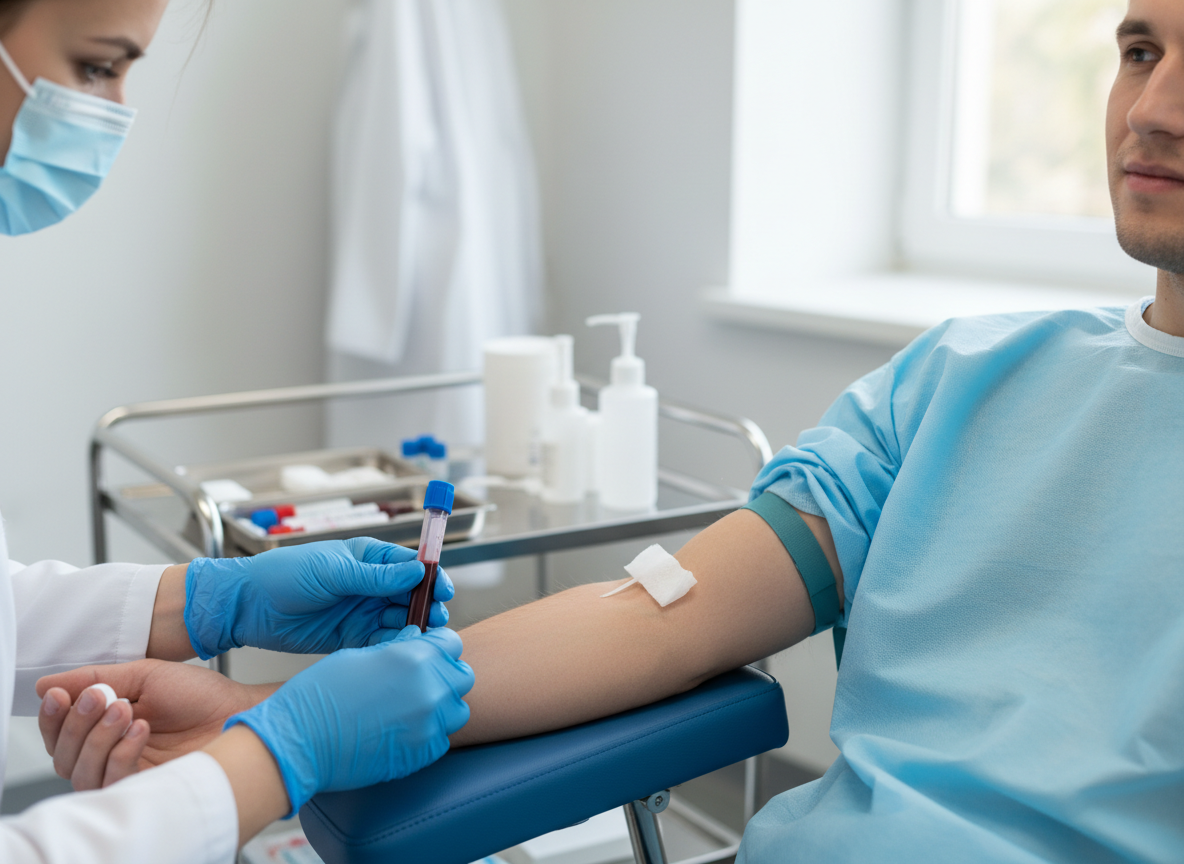A 45-year-old woman with a history of bipolar I disorder was recently hospitalized for a manic episode. Following stabilization, her psychiatrist initiated lithium carbonate at 300 mg twice daily for mood stabilization. Her baseline thyroid function tests were within normal limits.
Over the next few months, the patient began experiencing fatigue, weight gain, dry skin, and cold intolerance. She also noticed some mild depressive symptoms returning, which she initially attributed to life stress. During her follow-up visit, routine labs were drawn. Her TSH was elevated at 22.15, and free T4 was low, confirming lithium-induced hypothyroidism.
How Lithium Affects Thyroid Function
Lithium is a well-established mood stabilizer that has been used for decades in the treatment of bipolar disorder. However, one of its notable endocrine side effects involves the thyroid gland.
Lithium can affect thyroid function through several mechanisms:
- Inhibition of thyroid hormone synthesis and release: Lithium interferes with iodide uptake and hormone secretion from thyroid follicles, leading to decreased T4 and T3 output.
- Altered peripheral conversion: Lithium can reduce the peripheral conversion of T4 to the active T3 form, further contributing to hypothyroid symptoms.
- Autoimmune thyroiditis: Chronic lithium exposure may increase the risk of autoimmune thyroiditis, particularly in patients with underlying predispositions.
Clinical Implications
Monitoring thyroid function is essential in patients on long-term lithium therapy. The American Psychiatric Association recommends checking TSH and free T4 at baseline and every 6–12 months thereafter.
If hypothyroidism develops, clinicians generally do not discontinue lithium, as its mood-stabilizing benefits may outweigh the endocrine effects. Instead, levothyroxine supplementation can be started to correct the thyroid imbalance. Discontinuing lithium may be a consideration if the patient has not responded clinically to the medication, and we are looking at other options anyway.
In practice, patients on lithium who start showing sluggishness, fatigue, or unexplained mood changes should always have thyroid function assessed for lithium-induced hypothyroidism. This can be challenging to recognize because symptoms may be associated with bipolar disorder. Recognizing lithium-induced hypothyroidism early can prevent both physical symptoms and worsening of depressive phases in bipolar disorder.
Looking for more?



0 Comments